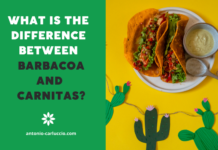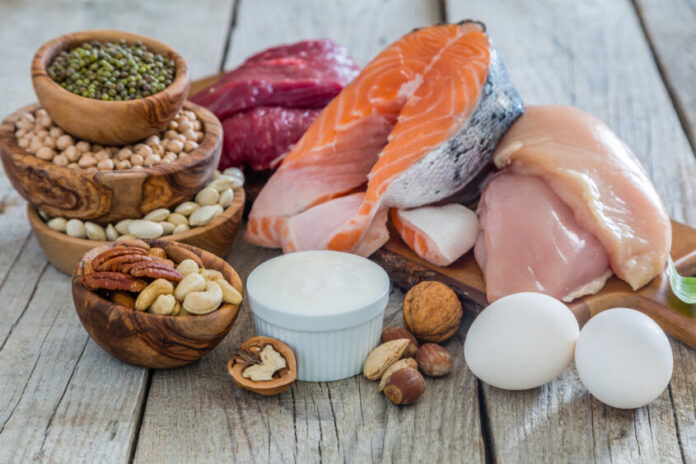
We can all agree that a balanced diet that includes the right amount of protein can have incredible results on your body. High protein foods are crucial to good health and serve a plate full of health benefits. Some of these benefits include promoting muscle building and weight loss. Here’s how. Since high protein foods keep you feeling fuller for longer durations, a protein-rich diet can promote weight loss since it means eating fewer calories through the day. At the same time, high protein diets combined with a solid exercise regime helps build lean muscles. In addition, getting enough protein enables your body to repair and maintain your skin, hair, muscles and bones. High protein diets cover pretty much everything important, with regard to your body, and improve overall health.
Here is a list of foods that you may want to include in your diet to meet your recommended dietary intake for protein.
Milk and Dairy Products
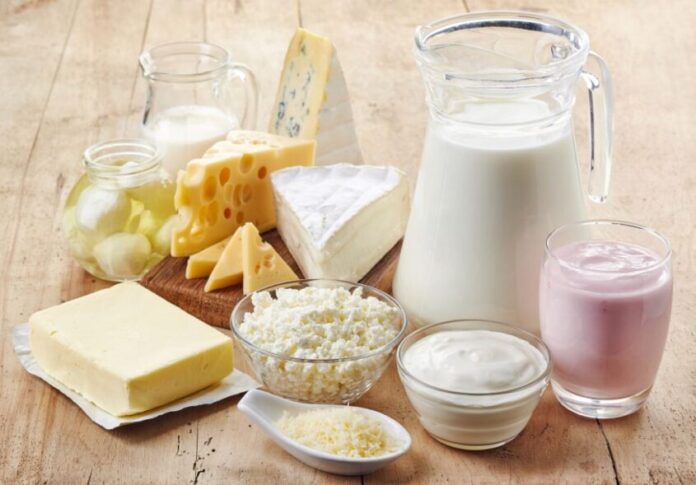
Milk can have amazing health benefits for people who are tolerant to it since it contains every single nutrient that humans need in varying amounts. In addition to being rich sources, milk and its byproducts such as yogurt and cheese are great sources of calcium and vitamin D.
Eggs

Eggs are one of the healthiest foods in the whole world! They are also one of the least expensive sources. If that wasn’t enough, we have more good news; according to the American Heart Association, it’s acceptable for healthy adults to include one egg a day in their diet.
Quinoa

Quinoa is one of the most nutritious, vegetarian sources of protein. It contains each of the 11 amino acids required to make a complete protein. This makes quinoa an incredible alternative, especially for people who don’t eat much meat, vegetarians and vegans.
Protein Bars
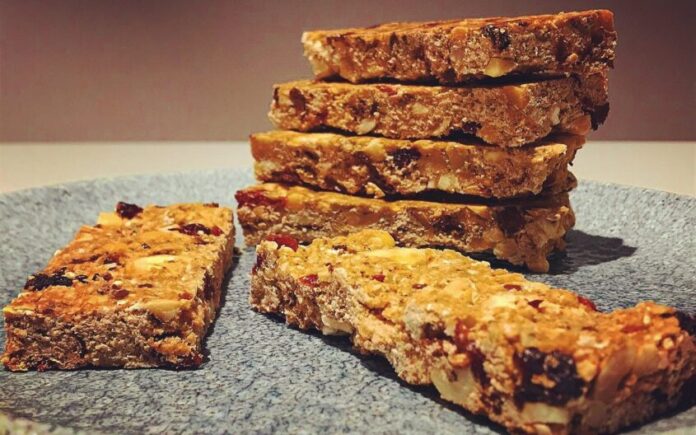
Protein bars are an efficient way to satisfy your hunger, gain nutritious energy and still keep you on track with your weight loss plan. Several studies indicate that, as compared to snacks loaded on carbohydrates, snacks like energy bars keep you feeling full for longer and help increase your metabolic rate. Orgain bars, for instance, are made with premium, plant-based ingredients and include 10 grams of protein in each bar. Find out more on VeganLiftz.
Seafood
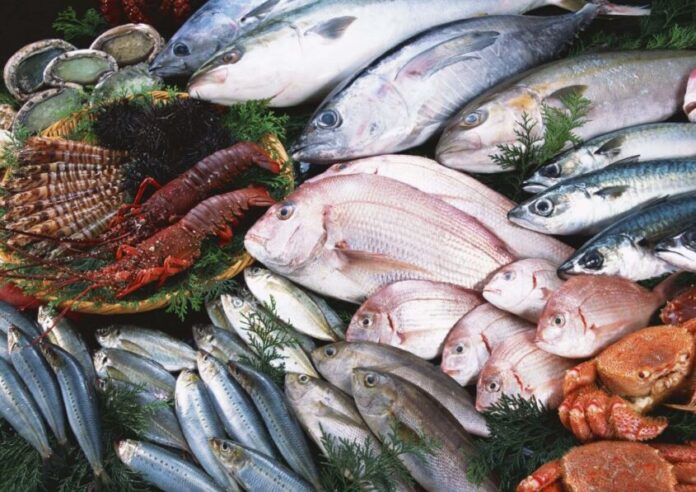
Seafood is great for you since it is high in protein but low in fat. Salmon and other fish often contain higher levels of healthy-fat called omega-3 fatty acids which comes with its own list of health benefits.
Meat

Meat provides a wide range of nutrients, health benefits and can be a rich source of protein and essential amino acids. Lean ground beef, for instance, is an excellent source that provides sufficient amount of protein even in small portions. Similarly, chicken and turkey can offer high-quality protein, in addition to vitamin B. Including healthy meat to your diet can mean higher energy levels, fewer nutrient deficiencies and good muscle building and repair.
Beans

Did you know that half a cup of beans contain the same amount of protein as an ounce of broiled steak! To top it all, beans are also high fiber foods meaning they keep you feeling full for longer hours and, in turn, cause you to eat fewer calories each day.
Legumes

Legumes make it both the high fiber and high protein food list making them a suitable alternative for people trying to adopt a weight loss regime. Legumes come with many health benefits that include increasing healthy gut bacteria, lowering blood sugar levels and cholesterol. Chickpeas, lentils and peas are some examples of legumes.
The world seems to go on and on about getting ‘enough protein’ and that probably makes you wonder, “how much is enough?” So, let’s work this out. Your recommended dietary intake depends on your age, weight and health condition and is measured in grams per kilogram of bodyweight. Roughly speaking, this could mean about 0.84g per kilogram for adult men, 0.75g per kilogram for adult women and 1g per kilogram for pregnant and nursing women. Athletes require a much higher intake than the average adult in order to make up for their intense physical activity and to repair and strengthen muscle tissue. Irrespective of the category you may fall under, finding enough and suitable sources are essential to staying healthy.
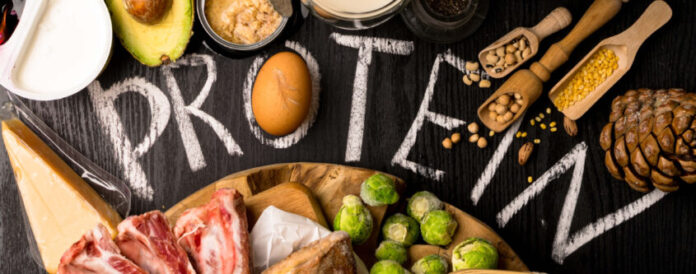
Here’s what we’re trying to say. Protein comes with indispensable health benefits. Adding high protein foods in your diet can result in a higher metabolic rate and helps build and repair muscle tissue, bones, cartilage, skin, and blood. A good diet doesn’t have to burn a hole in your pocket since there are foods to match every kind of diet, palate and budget. Find ideal sources of protein to meet your needs and you’re good to go. We recommend seeking medical and professional advice before making any drastic alterations to your diet.



